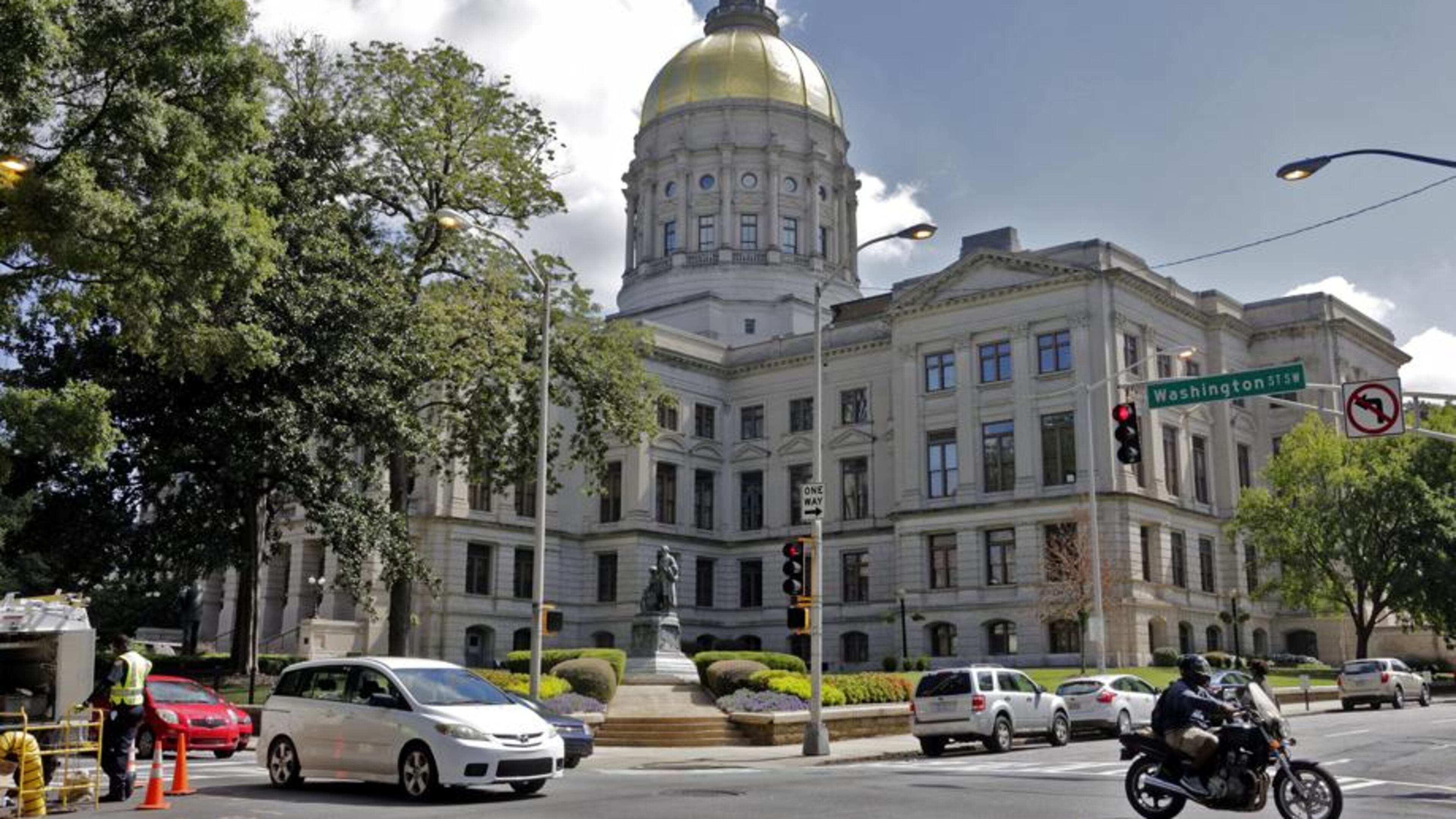Accounting group: Georgia’s financial health ranked 22nd before pandemic

Georgia leaders have been quick to point to better-than-expected tax collections and the relatively strong financial position the state is in despite the economic devastation brought on by the COVID-19 pandemic.
But a Chicago-based think tank called Truth in Accounting, in releasing its annual rankings Tuesday, suggests that Georgia wasn’t exactly in prime condition to deal with the recession brought on by the pandemic, and it predicted more fiscal pain could be on the way.
The group reviews comprehensive financial reports that states put out annually, and it ranked Georgia 22nd in the country in terms of its fiscal health at the end of 2019. Georgia’s shortfall — mostly from not fully funding promised pension and retiree health care benefits — amounted to $2,900 per taxpayer, the group said.
That was before COVID-19 dampened state revenue collections from April through June and sent millions to unemployment lines across the country.
“The bottom line is that the majority of states went into the pandemic in poor fiscal health and they will most likely come out of it even worse,” said Sheila Weinberg, founder and CEO of Truth in Accounting.
The state’s fiscal health is important because through its budget it helps pay teacher salaries and provides services ranging from public health and substance abuse programs to law enforcement, parks, business regulation, food inspection, highway construction and higher education.
Such state rankings generally depend on which numbers think tanks choose to consider.
Georgia, like every state except Vermont, must end the year with a balanced budget, unlike the federal government. In reality, Truth in Accounting said, most don’t fully fund things such as teacher pensions and retiree health benefits. By not fully funding retirement obligations, it appears the state’s books are balanced.
The group said 39 states did not have enough money to pay all its bills in 2019, with the biggest unpaid portion in underfunded benefits, such as pensions, producing a total debt of $1.4 trillion. That’s money taxpayers will have to eventually pay, the group said.
Fiscal 2019 was before COVID lowered revenue expectations for states — with estimates ranging from $300 billion to about $500 billion.
“The uncertainty surrounding this crisis makes it impossible to determine how much will be needed to maintain government services and benefits, but these states' overall debt will most likely increase,” said the group, which rated Georgia’s fiscal health a “C."
Alaska — a state that accumulated a massive surplus during the energy boom years — was ranked best, while New Jersey, a state with massive public pension debt ($57,900 per taxpayer), ranked at the bottom, just above another pension basket case, Illinois ($52,000 per taxpayer).
The group put Georgia’s unfunded pension and retiree health care benefits debt — the amount to fully fund what the state has promised pensioners — at about $13.5 billion.
It also said the state could lose $10 billion in revenue during the COVID-19 recession.
However, after a rough spring, Georgia’s state tax collections improved more than 12% in July and August. Gov. Brian Kemp’s administration said the state has seen job and economic growth since he opened up the economy early from the pandemic shutdown.
Some budget writers say the gains might be temporary, but a $10 billion drop in revenue is much higher than most state officials and economists have predicted. Because revenue hasn’t dropped dramatically so far, the state has most of the $2.8 billion it started the year with in reserve still sitting in its savings account.
And Kemp has told state agencies they won’t have to cut spending next year.
Most of the state’s pensions are not fully funded, but Georgia officials say they compare favorably with those in most other states. The teacher retirement system — which had $81 billion in assets as of June 30 — saw a massive dip in February and March when the stock market tanked, but it has since recovered. Georgia’s State Health Benefit Plan, which funds health coverage for more than 650,000 teachers, state employees, retirees and their dependents, had about $3 billion in reserve as of the end of the most recent fiscal year.



